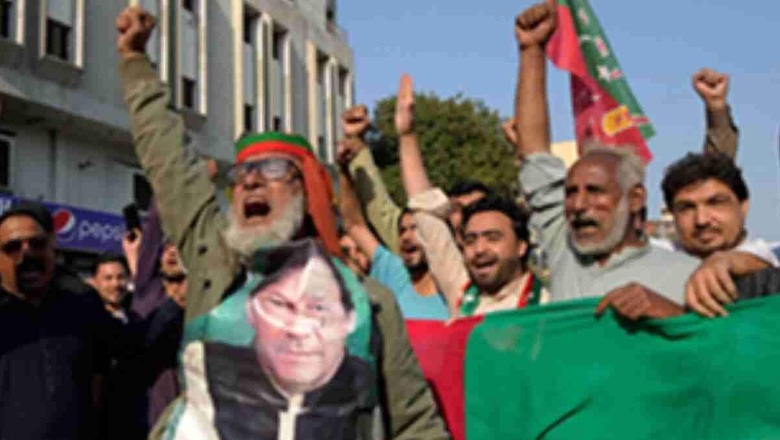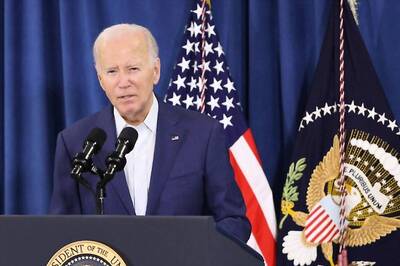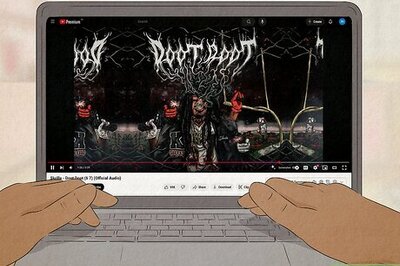
views
Will Pakistan see re-elections? The Supreme Court will take up the petition that seeks to declare the February 8 elections null and void after the Rawalpindi commissioner admitted to massive poll rigging where some of the losing contestants were declared winners and vice versa.
The petition also seeks a stay order on the formation of the new government till the case is resolved.
Due to the fractured mandate, with Imran Khan’s Pakistan Tehreek-e-Insaf (PTI) securing 92 seats and Pakistan Muslim League (Nawaz) bagging 80 seats while Pakistan People’s Party (PPP) clocking 54 seats, the road to forming the next government is bumpy.
What is the Current Political Situation in Pakistan?
PML-N and PPP leaders are huddling to forming the next government, making Nawaz Sharif’s brother Shehbaz the next prime minister. But there is a differences of opinion within both parties whether they should wear the crown of thorns amid chaotic political and economic conditions in the country.
According to Pakistan’s daily Dawn, PML-N leader Khawaja Saad Rafique has highlighted the party’s dilly-dallying over aligning with PPP to form the next government. Alternatively, he suggested that PTI-backed independent members form a government with PPP support.
Dawn reported that not just Rafique, many leaders within the PML-N are moving away from the initial stance of forming a coalition with PPP as had been mentioned by Nawaz Sharif in his speeches.
The under-confidence became more apparent after PPP chairman Bilawal Bhutto Zardari demanded top constitutional posts and a PPP government in Balochistan to support PML-N.
Meanwhile, PTI is leading discussions to form the government at the Centre, Punjab and Khyber Pakhtunkhwa with the help of a new partner, Sunni Ittehad Council (SIC) as reported by Dawn.
PTI announced at a press conference on Sunday that it will form the governments with its candidate Omar Ayub as the prime minister. The party claimed that 30 million votes were received by PTI-backed candidates even without its electoral symbol of ‘bat’.
Shouldn’t the Interim Govt be Held Accountable?
Not just the people of Pakistan, but international agencies and forums have demanded accountability after denouncing the electoral process of Pakistan.
The arrest of Rawalpindi division commissioner Liaqat Ali Chatha, after he confirmed rigging in the elections, raises questions on why he alone should be facing the consequences when the onus should lie on the interim government to ensure free and transparent elections in the country.
In fact, the forces behind such manipulations should be investigated and called out. The many stakeholders — the interim government, the Election Commission of Pakistan (ECP), the PML-N, the PPP, the Pakistan Telecommunication Authority (PTA), the establishment and judiciary – should be held accountable and ensure that the people of Pakistan don’t suffer due to the chaos.
What Can Be Done Now?
The role of super judiciary demands a thorough investigation, as has been reported in the Pakistan Tribune. In the last two decades, the decisions made by the judiciary have impacted the political landscape of the country. For instance, the legal entangles that the PML-N suffered were reflected in the future of PTI this year.
The country should ensure that the internet and social media ecosystem of the country should be investigated to scrunitise the election-related communications.
It is important to investigate the underlying issues to gain public confidence in the state machinery, and ensure a promising future for the people of Pakistan.




















Comments
0 comment